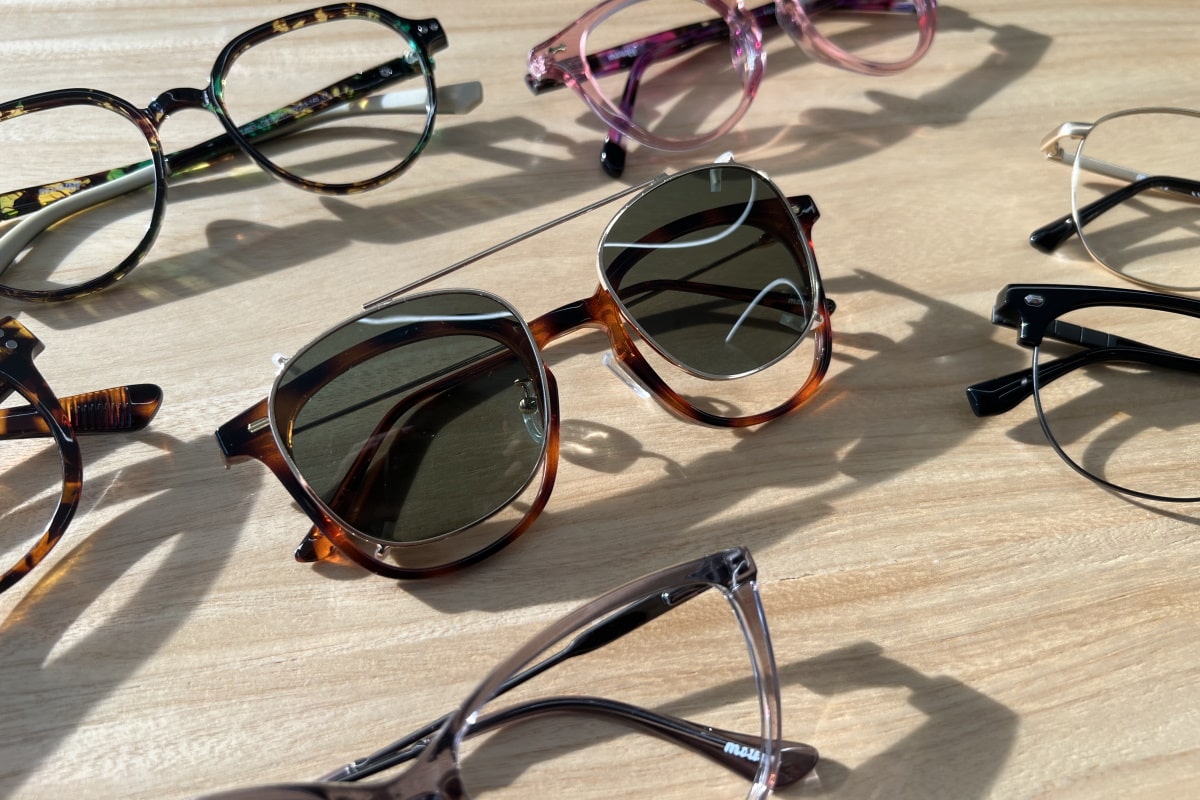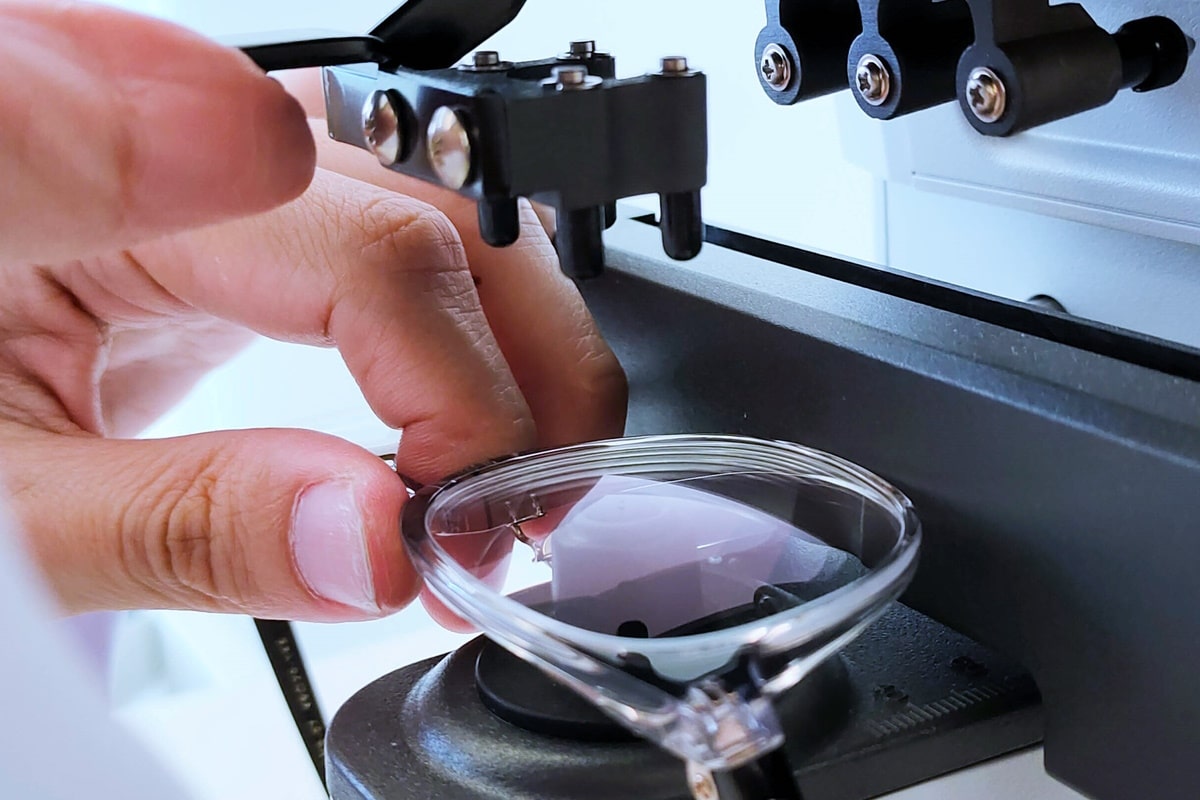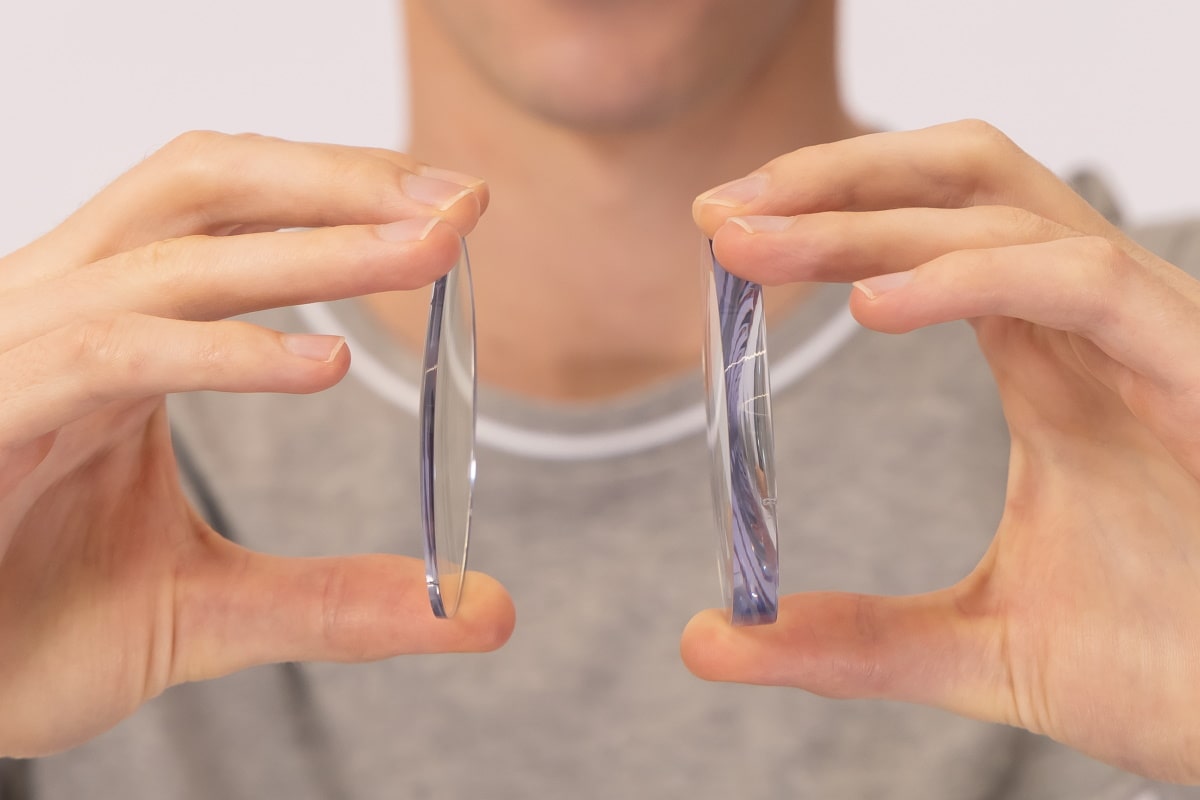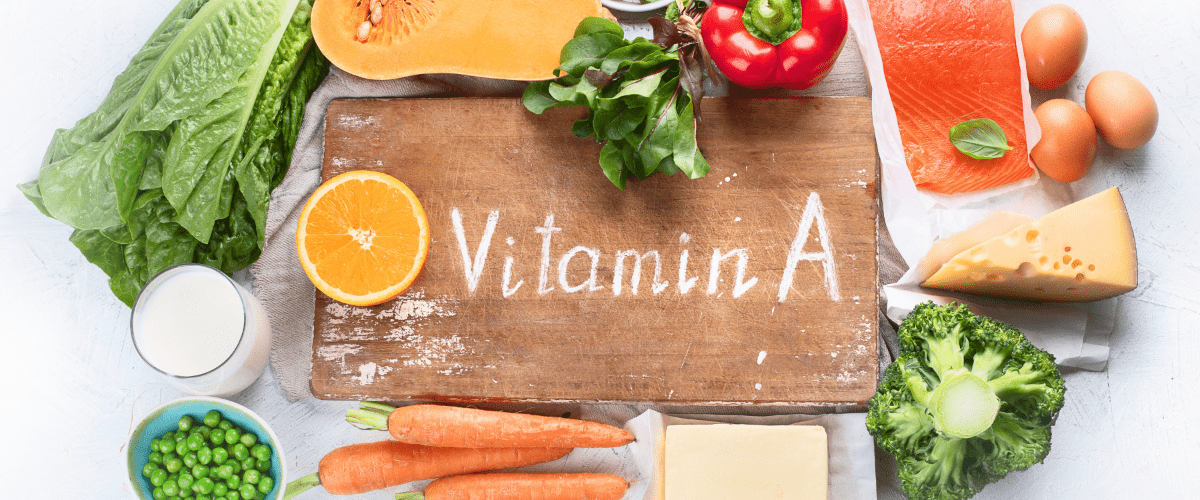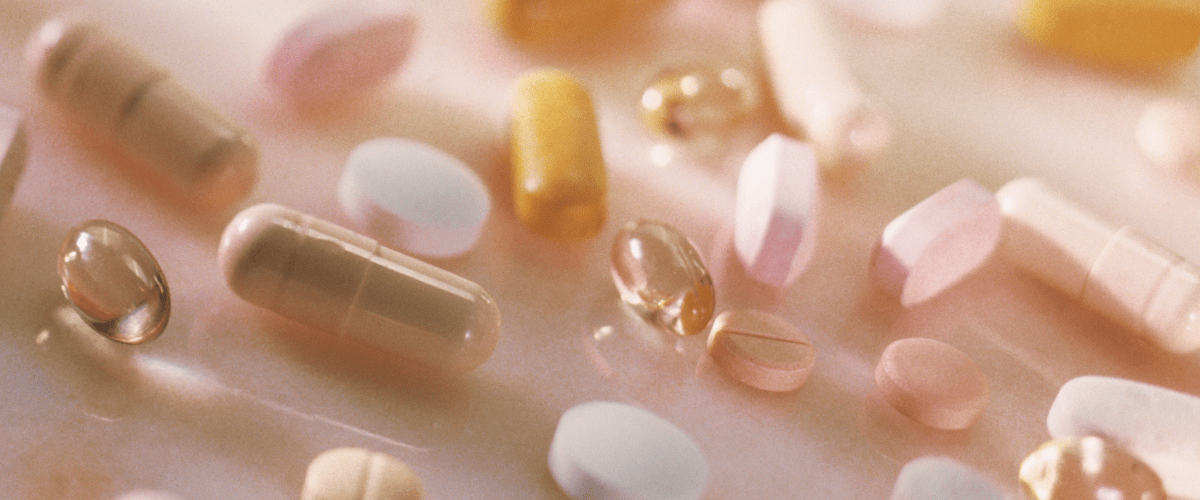The Best Vitamins for Your Eyes & Where to Find Them
Whether or not you wear glasses, it’s important to look after the health of your eyes in every way you can.
One of the easiest ways to do that is to ensure you are getting enough of the vitamins your eyes need to stay healthy. Here’s a look at who they are and where to find them.
The Most Important Vitamins for Eye Health
1. Vitamin A (Retinoids and Carotene)
Vitamin A is usually the first vitamin that most people associate with eye health. Sure enough, it supports functioning of the cornea (the clear layer covering the coloured parts of the eye) and the conjunctiva (the clear layer covering the whites of the eye).
Someone with a vitamin A deficiency might not produce enough moisture to keep their eyes lubricated, resulting in dry eye symptoms.
Vitamin A also allows vision in low-light conditions, and so vitamin A deficiencies can lead to symptoms of night blindness. In addition to keeping your vision healthy, Vitamin A improves your immune system, organ function, skin health, and helps with reproduction, growth, and development.
Foods high in vitamin A include:
- Green vegetables – such as spinach and broccoli
- Orange vegetables – such as carrot, pumpkin, sweet potato, and squash
- Fruits – such as mango, cantaloupe, and dried apricots
- Beef liver
- Black-eyed peas (black-eyed beans)
2. Vitamin B
Vitamin B can help reduce risks of age-related macular degeneration (AMD), an eye disease that reduces central vision in older people. Some studies have also found that vitamin B3 deficiency can be related to glaucoma, a condition that can result in vision loss.
There are many types of vitamin B with important roles in the body. Some other benefits of vitamin B include improving skin, hair, and nervous system health, improving sleep, making red blood cells, and reducing risks of heart disease.
Foods high in vitamin B include:
- Beans and lentils (B1, B9)
- Chickpeas (B6)
- Dark leafy greens (B6, B9)
- Meat – such as beef (B2, B12), fish (B3, B6, B9, B12), and poultry (B3, B6, B12)
- Eggs (B9, B12)
- Nuts – such as peanuts (B3, B9) and almonds (B2)
- Brown and white rice (B3)
3. Vitamin C (Ascorbic Acid)
Vitamin C protects the eye against UV light and oxidative damage and promotes healthy blood vessels. Regularly consuming enough Vitamin C also reduces risks of AMD and cataracts.
Other health benefits of Vitamin C include lowering risks of certain cancers (including breast cancer, lung cancer, and stomach cancer), and improving the immune system.
Foods high in vitamin C include:
- Fruits and fruit juices – especially those containing citrus (such as oranges)
- Green vegetables – such as broccoli, spinach, and brussels sprouts
- Tomatoes
- White potatoes
- Cauliflower
4. Vitamin E (Alpha-Tocopherol)
Vitamin E protects the eyes from free radicals and oxidative damage. This prevents tissue and protein damage and reduces risks of cataracts and AMD.
Other benefits of vitamin E include protecting the body’s cells from damage and preventing Alzheimer’s disease.
Foods high in vitamin E include:
- Nuts – such as peanuts and almonds
- Leafy green vegetables
- Whole grains
- Vegetable oils
- Wheat germ
5. Lutein and Zeaxanthin
Lutein and zeaxanthin are antioxidants that protect the eyes from oxidative damage and blue light damage. This reduces risks of cataracts and AMD.
Other health benefits of lutein and zeaxanthin include reducing risks of heart disease, type 2 diabetes, and Alzheimer’s disease.
Foods high in lutein and zeaxanthin include:
- Kale
- Spinach – especially cooked spinach
- Collard greens
- Pistachios
- Parsley
6. Omega-3 Fatty Acids
Omega-3 fatty acids play a large role in hydrating the eye by helping improve tear production. A lack of this nutrient can cause dry eye symptoms such as blurry vision, dryness, and discomfort. These fats also help in forming the cells found in the eye and have anti-inflammatory properties that can help prevent diabetic retinopathy (DR).
Other health benefits of omega-3 fatty acids include reducing blood pressure, reducing symptoms of depression and anxiety, preventing heart disease, and reducing inflammation.
Foods high in omega-3 fatty acids include:
- Fish – such as salmon, mackerel, tuna, and anchovies
- Seeds – such as chia seeds and flaxseed
- Walnuts
- Soybeans
7. Zinc
Zinc plays a role in producing melanin, which protects the eye’s structures against UV light. Zinc is a part of many important enzymes, some of which act as antioxidants and protect the eyes from damage. Consuming a healthy amount of zinc can reduce risks of AMD. Research has also indicated that zinc deficiencies may lead to night blindness.
Other health benefits of zinc include improving the immune system and wound healing. Zinc also helps form many proteins and enzymes required to make new cells.
Foods High in Zinc
- Meat – such as red meat, poultry, and seafood
- Beans
- Nuts
- Chickpeas
- Milk
- Wholegrains
Should You Take Eye Vitamins to Improve Eye Health and Vision?
While supplements are available, it is best to try and consume as much of your vitamins through food as possible. If your diet is not providing you with enough nutrients, then supplements are a great way to boost your intake.
The National Eye Institute has the following guidelines for daily vitamin intake:
- Vitamin C – 500mg
- Vitamin E – 400IU
- Zinc – 80mg
- Lutein – 10mg
- Zeaxanthin – 2mg
- Beta carotene (vitamin A) – 15mg
If you are not getting enough of these important vitamins, then it is a good idea to consider taking supplements for your eye health.
It is also important to consider that taking too much of a vitamin may have side effects. For example, taking beta carotene (vitamin A) supplements increases risks of lung cancer in smokers. Taking particular eye health supplements can also interact with some medications.
If you have a healthy, well-balanced diet it is not always essential to take supplements. If in doubt it is a good idea to see your local physician for a blood test so that you can find out your levels and discuss the best options for you. Additionally, if you have a diagnosed eye condition (such as AMD), discuss supplements with your optometrist or ophthalmologist.
As well as improving your diet and taking supplements, some ways to promote eye health include:
- Stay hydratedDrinking enough water helps your eyes to produce enough tears and keep its glands healthy. This prevents dry eyes, and helps flush out debris when you blink. Alternatively, consuming too much caffeine can be dehydrating for the eyes.
- Regular eye examinationsAs well as keeping your vision as clear as possible, regular eye examinations allow your optometrist to detect and manage eye health conditions as soon as possible. Many eye conditions are asymptomatic at first, and can be helped with early management.
- Wear sunglassesThis prevents UV light damage, which can cause cataracts and damage to the retina (the light-sensitive layer at the back of the eye).
References
- “Vitamin A beneficial for eyes, just not for preventing myopia”, American Optometric Association
- “Which foods are rich in vitamin A?”, Medical News Today
- “Listing of Vitamins”, Harvard Medical School
- “What are the best vitamins for eye health?”, Medical News Today
- “The Nutrition Source: Vitamin C”, Harvard School of Public Health
- “Lutein and Zeaxanthin: Benefits, Dosage, and Food Sources”, Healthline
- “17 Science-Based Benefits of Omega-3 Fatty Acids”, Healthline
- “12 Foods That Are Very High in Omega-3”, Healthline
- “Zinc supplementation might potentiate the effect of vitamin A in restoring night vision in pregnant Nepalese women”, American Journal of Clinical Nutrition
- “Age-Related Eye Disease Studies (AREDS/AREDS2)”, National Eye Institute

Written by:
Dr. Jordan Marr

